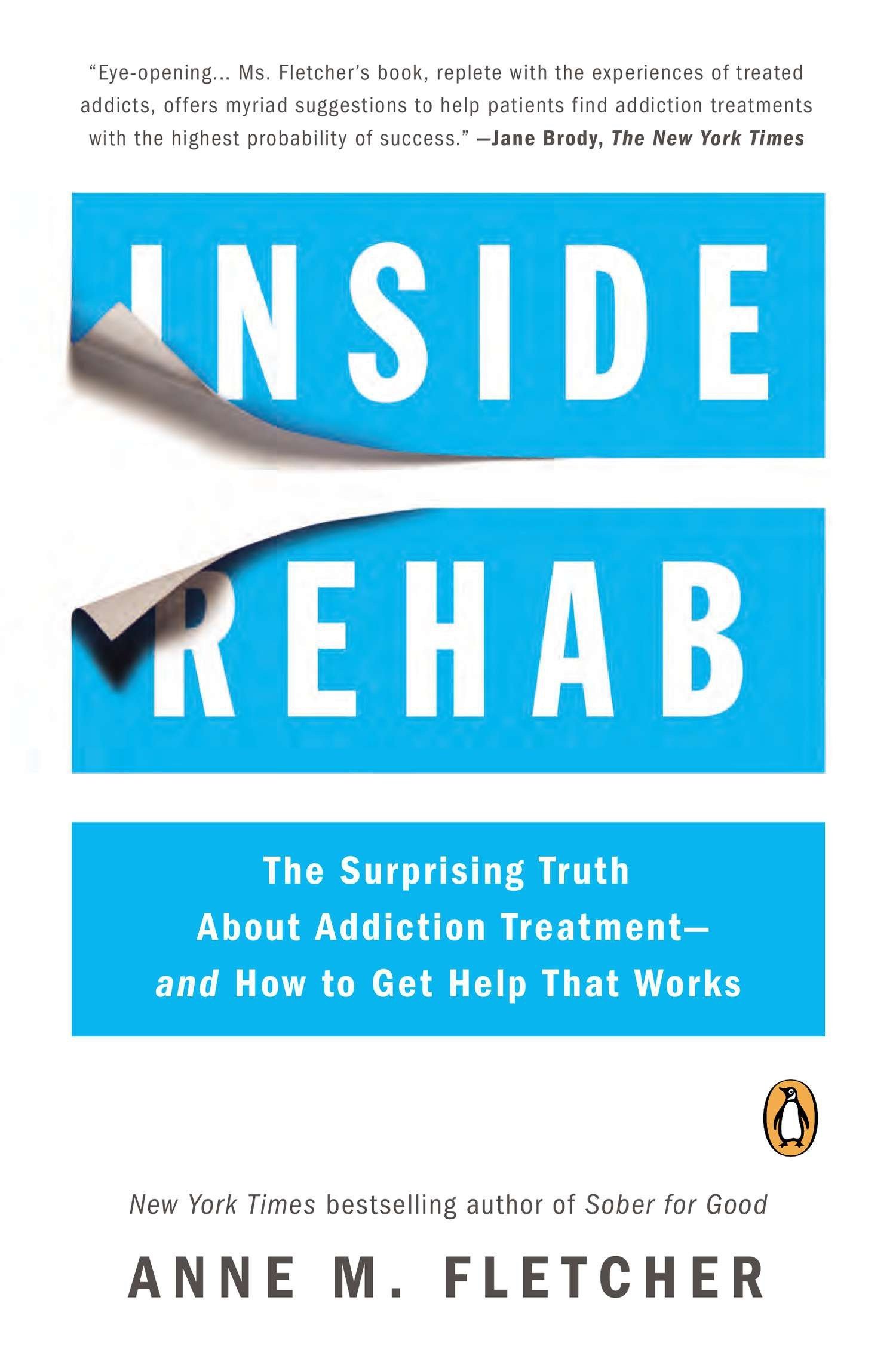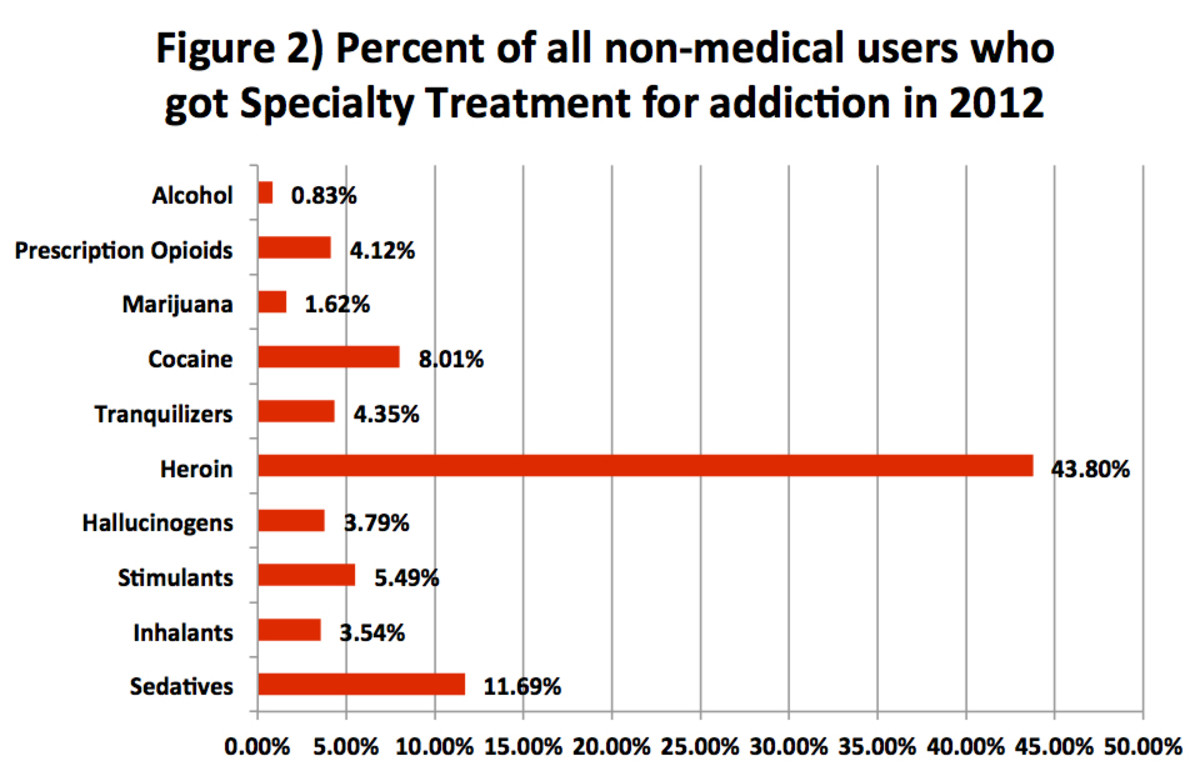Table of ContentsSome Of What Is Alcoholism? Find Alcohol Addiction Treatment8 Simple Techniques For Alcoholism: Causes And TreatmentThe Ultimate Guide To Alcoholism: Causes And TreatmentThe 20-Second Trick For Alcohol - National Institute On Drug AbuseHow What Is Alcoholism? Find Alcohol Addiction Treatment can Save You Time, Stress, and Money.
Even a single night out drinking can have serious cardiovascular ramifications-- affecting the heart rate, resulting in disturbances in heart rhythm, raising blood pressure and increasing the threat of suffering a stroke. The long-term effects of alcohol on the heart aren't excellent, either. Many chronic alcoholics establish a condition called alcoholic cardiomyopathy-- in layperson's terms, a big floppy heart that doesn't do its task of pumping blood effectively through the body.
Heavy alcohol usage, even if its just the periodic binge, can lead to an episode of pancreatitis, which is an unsafe inflammatory process in the pancreas that can lead to the spilling of pancreatic enzymes into the stomach cavity and a subsequent phenomenon called 'auto-digestion'. Those experiencing pancreatitis usually experience unbearable pain, and often need emergent healthcare.
Chronic myalgia or muscle aches. Persistent gastrointestinal disruptions causing frequent queasiness, throwing up and gastric discomfort. Vertigo and syncope-- i.e., lightheadedness and fainting. Persistent tremblings and irreversible loss of fine motor coordination. After extended periods of time with heavy usage, personality changes may manifest. You may observe: Increased propensity toward aggression.
Unprompted mood swings. In time, tolerance to alcohol develops, whereupon the user will require more and more alcohol to accomplish wanted results. As the drinker tries to make up for tolerance, the quantity of alcohol consumed may gradually increase. The drinker may not even recognize the upward pattern however, in doing so, https://www.transformationstreatment.center/addiction/benzodiazepines/librium-addiction/ considerably increases their risk of alcohol poisoning and death.

Examine This Report about What Is Alcoholism? - Learn About An Alcohol Addiction
The following phases might be recognized:, or periodic social drinking that might advance to a perceived need to consume to unwind or deal with demanding scenarios. This, in turn, might cause an increased frequency and quantity of alcohol taken in. Tolerance to alcohol already starts to develop in this early phase.
User might experience some trouble remembering what occurred when drinking, and some feelings of regret around drinking. or "loss of control" over drinking. Complete symptoms of alcoholism appear, including denial, disruptions in work or domesticity, failed efforts to get aid, and periods of both refrain from drinking and excessive drinking.
Both physical and mental health may follow a sharp decrease throughout the chronic phase. Furthermore, users might experience a substantial interruption, if not an overall disintegration of social interaction and daily routine-- typically vanishing from friends and family and struggling to keep jobs, and so on. Acute alcohol withdrawal can result in the development of serious, if not life-threatening health problems.
Queasiness and vomiting. Generalized muscular trembling. Tachycardia. High blood pressure. Stress and anxiety. Agitation. Seizures. Some with a history of heavy drinking might experience the rapid development of a condition known as delirium tremens - or the DTs - as they withdraw from the effects of alcohol. This is an ominous turn of events, acknowledged by uncontrollable shaking, high fever, heart arrhythmia, extensive confusion and hallucinations.
7 Easy Facts About Alcohol Use Disorder (Aud): Medlineplus Shown
Signs usually begin as soon as eight hours after the last drink, and those struggling with extreme alcoholism must prepare beforehand to detox under expert medical guidance. Supervision and pharmaceutical intervention (if needed) may last for a few days, as the serious symptoms of intense alcohol withdrawal can possibly appear rather later on sometimes (24-72 hours post-abstinence).
If a user is handling signs of depression, stress and anxiety, psychosis, or other substance abuse, treatment should focus on the precursors to utilize and consider both the mental health/wellness and physical complications noted above. In addition to the aforementioned physical dangers, users who select to detox from alcohol might likewise face a variety of psychological health developments:, users going through detox can experience hallucinations, deceptions, anxiety, and stress and anxiety.
All told, the signs from withdrawal can, however usually a user will start to feel some relief from physical symptoms in about 72 hours. The length of withdrawal is extremely based on for how long a user was greatly drinking, and each person metabolizes alcohol differently. There is no way to specifically forecast how each person will withdrawal from alcohol, additional underscoring the need for medical supervision on a case-by-case basis.
There are several methods to get assist from alcoholism, including treatment, medication, and behavioral intervention. Often, the user is among the last to recognize or realize his or her usage is a problem, often believing "I have this under control" (where can you go for help with alcohol addiction). Once an alcohol use disorder has established, however, it can be exceptionally to quit without help.
Indicators on Alcohol Abuse - Harvard Health You Should Know

Alcohol Is one of the most Typically Dealt With Compound Ethanol (alcohol) is abused at a greater rate than any other drug amongst treatment program attendees, as reported by a 2017 study from Recovery Brands. Almost 70% of people who took the study went to treatment to get assist with a drinking issue, and an unexpected 52.87% of those who responded reported seeking treatment for an issue with alcohol more than any other compound.
Luckily, alcoholic abuse treatment is only a call away. Speak to our healing support experts at Who Responses? to begin working towards your recovery. Medications that may help with the treatment of alcohol abuse and associated symptoms include: This drug obstructs the body's ability to metabolize alcohol and causes an extremely undesirable reaction when both are taken in performance.
: Lowers the reward that comes from drinking by reversing the activation of opiate receptors by endorphins. Helps to restore the balance of glutamate-GABA signaling in the brain. This medication assists to reduce withdrawal symptoms such as insomnia, anxiety, and uneasyness. Any medication use requires the guidance of a physician and a prescription, and it ought to be kept in mind that the most success is found when medications are used in combination with treatment.
Some courses of domestic treatment might in fact begin in a hospital setting. Users participate in a program however are enabled to reside exterior of the treatment center, typically attending daily to begin and after that following a tiered schedule (5 days a week, three days a week, one day a week). Users participate in conferences as typically as needed, through groups such as Alcoholics Anonymous (aa.org) Other non-12 action support system or healing programs are available also, including SMART Recovery.
The Best Guide To Alcohol Addiction And Abuse: Learn About Alcoholism ...
A lot of recovering alcoholics discover attending support system a long-lasting commitment in support of their sobriety. Al-Anon (alanon.org), an assistance group for households of addicts, offerings conferences in which enjoyed ones can find support in their journey loving an addict. Relapse will be a temptation for numerous alcohol and drug abusers.
The capability to stay sober despite relapse temptations is closely related to coping abilities learned during treatment. Continuous treatment uses the very best healing course for former alcohol abusers, especially when integrated with support system, as finding the assistance from others who comprehend the problems and benefits connected with healing is essential to continued abstaining for numerous.
Recovered from http://www.health.harvard.edu/addiction/alcohol-abuse Mixing alcohol with medications. Recovered from http://pubs.niaaa.nih.gov/publications/Medicine/medicine.htm Alcohol withdrawal. (Modified 8 February, 2015). Obtained from https://www.nlm.nih.gov/medlineplus/ency/article/000764.htm Myrick, H. M.D., and Anton, R. F., M.D. (1998 ). Treatment of Alcohol Withdrawal. Alcohol Health & Research Study World, Vol. 22, (Concern 1). Recovered from http://pubs.niaaa.nih.gov/publications/arh22-1/38-43.pdf National Institute on Alcohol Abuse and Alcohol Addiction.